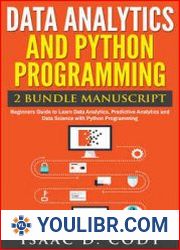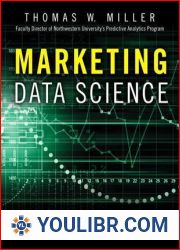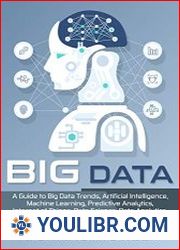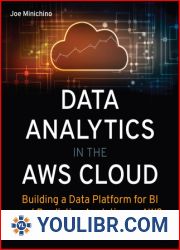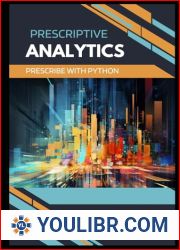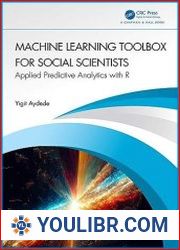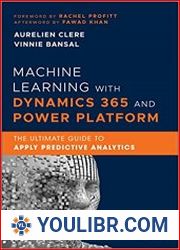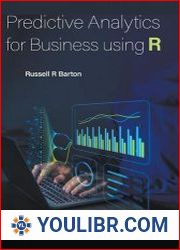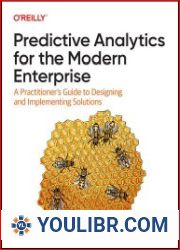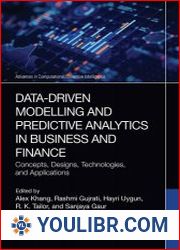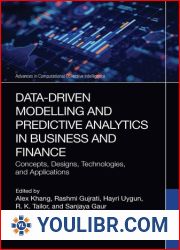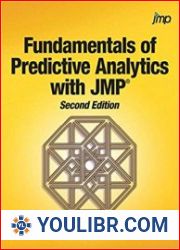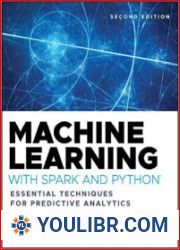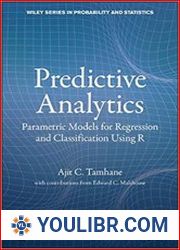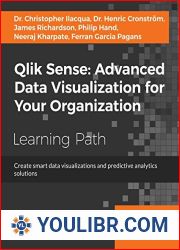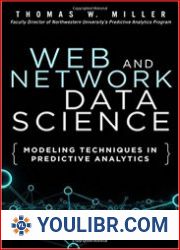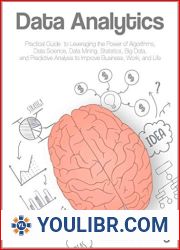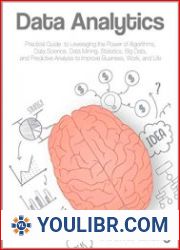
BOOKS - OS AND DB - Predictive Safety Analytics Reducing Risk through Modeling and Ma...

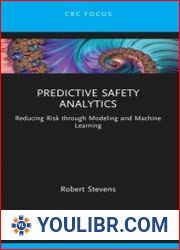
US $9.66

882529

882529
Predictive Safety Analytics Reducing Risk through Modeling and Machine Learning
Author: Robert Stevens
Year: 2024
Number of pages: 99
Format: PDF | DJVU
File size: 10.2 MB
Language: ENG
Year: 2024
Number of pages: 99
Format: PDF | DJVU
File size: 10.2 MB
Language: ENG
Nearly all our safety data collection and reporting systems are backwardlooking: incident reports; dashboards; compliance monitoring systems; and so on. This book shows how we can use safety data in a forward-looking, predictive sense. Predictive Safety Analytics: Reducing Risk through Modeling and Machine Learning contains real use cases where organizations have reduced incidents by employing predictive analytics to foresee and mitigate future risks. It discusses how Predictive Safety Analytics is an opportunity to break through the plateau problem where safety rate improvements have stagnated in many organizations. The book presents how the use of data, coupled with advanced analytical techniques, including machine learning, has become a proven and successful innovation. Emphasis is placed on how the book can “meet you where you are” by illuminating a path to get there, starting with simple data the organization likely already has. Highlights of the book are the real examples and case studies that will assist in generating thoughts and ideas for what might work for individual readers and how they can adapt the information to their particular situations. Data scientists speak of their workflow in terms of a pipeline. In fact, many modern software tools for data science build upon this concept to manage the tasks associated with building models. There is a myriad of ways pipelines are put forth, and no one scheme rules them all. Python is a broad programming language with strengths in manipulating data. A large variety of “libraries” are available that are purpose-driven, such as implementing a specific Machine Learning algorithm or a collection of algorithms.







